These days, there are many psychology concepts and terms that are used very loosely and casually due to growing awareness about psychology and mental disorders in general. However, it’s important to know more about these psychology concepts in order to reduce the risk of misinformation and misunderstandings.
KEY POINTS
- Casually using “toxic,” “narcissist,” “gaslighting,” and “triggered” can be damaging and cause confusion.
- Using these terms more accurately, as described here, can reduce harmful misunderstandings.
If you use TikTok, Facebook, Reddit, or Twitter, you’ve probably run across a good deal of psychological vocabulary. Much of this is well-intended and educational, but some seem intended to criticize or pathologize.
Terms like triggered, gaslighting, toxic, and narcissistic are bandied about without much caution—or much regard for accuracy, either. The result may be a marginally increased awareness of these darker corners of the psychological landscape, but in a way that overstates, misstates, or even deliberately misrepresents the truth.
Here’s a partial list of these terms, the ways in which they’re misused, and their correct definitions.
Related: 35+ Mind-Bending Psychology Facts About Human Behavior
4 Psychology Concepts Most People Get Wrong
1. Triggered
You’ve likely seen this used to mean the feeling of being so offended by something that you feel activated, agitated, and infuriated.
By this definition, even something exaggeratedly positive, like an Instagram photo of someone you know lounging on the deck of a glamorous summer home with a drink in their hand, could be called “triggering.”
In reality, being triggered means being exposed to a sensory experience—a sight, sound, or place, for example—that brings back memories of a traumatic event. Real triggers can provoke symptoms of high anxiety or even flashbacks.
Imagine someone involved in a car accident: driving a car again might, for a while, cause uncontrollable anxiety. Inside this person’s brain, it’s as though the car crash is still happening right now.
This is why so many books, movies, podcasts, and other media carry “trigger warnings” nowadays—to help people who have had traumatic experiences decide how much of a stimulus they’re willing to absorb.
Sometimes, people even use “triggered” to mean that a remark made by another person caused them to become uncontrollably reactive, like a gun that was fired by the other person’s trigger finger.
This usage implies that our heightened or even explosive reaction was entirely the other person’s responsibility. Even as this minimizes the experiences of those who have been through real traumatic events, it also implies that there’s nothing we can do to mitigate our responses.
Being more aware of the true meaning of a “trigger,” then, can help us put our own reactions into perspective.
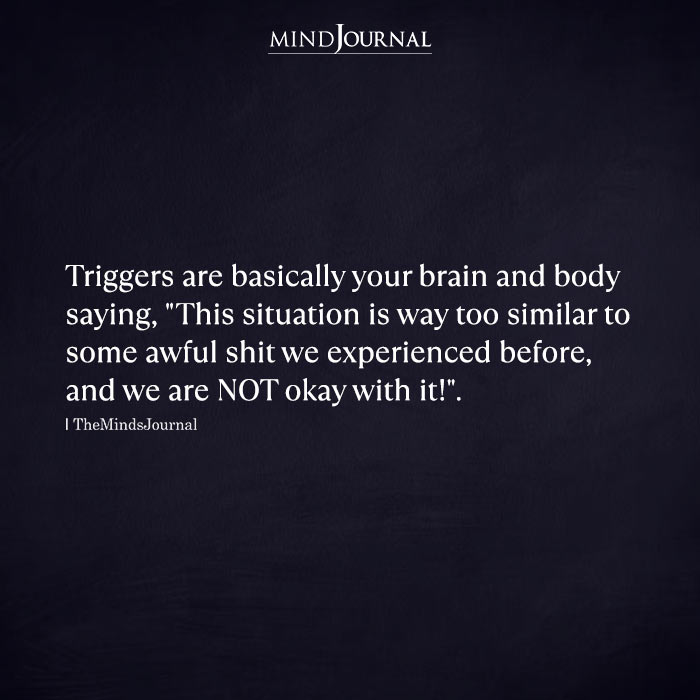
2. Narcissist
The internet’s favorite psychiatric diagnosis, narcissist, has been used for years to label anyone who seems unusually entitled or egocentric. It’s a generic epithet: A “narcissist” is someone who disagrees and won’t absorb a new point of view or someone who tries to attract attention by loudly airing an opinion that others would prefer not to hear.
I’ve often seen it used as an all-purpose, casually negative signifier for a former romantic partner: Because a relationship ended badly, the logic goes, the ex-partner must be a narcissist.
But the full DSM-5 qualifications include much more: a heightened and grandiose belief in one’s own talent and self-importance, power fantasies, the habit of taking advantage of others, a deep-seated need for admiration, and an inability to absorb criticism.
In extreme cases, it can lead to difficulty in processing information, with the individual discounting any source that doesn’t flatter them and instead seeking out new information to uphold their self-importance.
They’re also often arrogant, entitled, and exploitative of the people around them—qualities that must be present in a variety of different contexts by the individual’s early adult years.
True narcissists are not simply egocentric; they’re pathologically empty and cannot feel good about themselves without absorbing, cajoling, or extorting praise from others. With this in mind, calling one’s ex-partner a “narcissist” is usually overstating the case.
Related: Are You A Victim Of Narcissistic Abuse?
3. Gaslighting
In 2022, the Merriam-Webster dictionary chose “gaslighting” as its Word of the Year, reflecting the degree to which it has saturated our popular culture. Check Reddit, look through TikTok for a few moments, and you’ll see why.
It’s used often enough in spaces like those to mean that someone else has expressed a difference of opinion, been insensitive, or disagreed strongly with the person writing the post or making the video.
Interpersonal conflicts like this are now labeled “gaslighting,” and the word has shifted into a verb, as well: “Don’t gaslight me!”
But, like narcissism above, real gaslighting refers to something much more manipulative and sinister than most of its references suggest. The original Gaslight was a 1944 film in which a malevolent husband played down his wife’s fears by contradicting and denying her experience of reality.
In the film, the husband lied to his wife to conceal a secret plan; in real life, this kind of interpersonal abuse can be much more subtle. “You’re too sensitive” might be one way in which person A could deny the reality of person B’s experience.
“It didn’t happen that way, and you know it,” might be another, as person A convinces person B that their version of events never took place.
Using words like “gaslight” so casually has the effect of crying wolf—of using up the power and accuracy of a term that might otherwise shed light on a relationship’s abusive qualities.
Social media posts intending to call attention to this dark psychological dynamic may actually achieve the opposite effect by obscuring it with exaggeration.
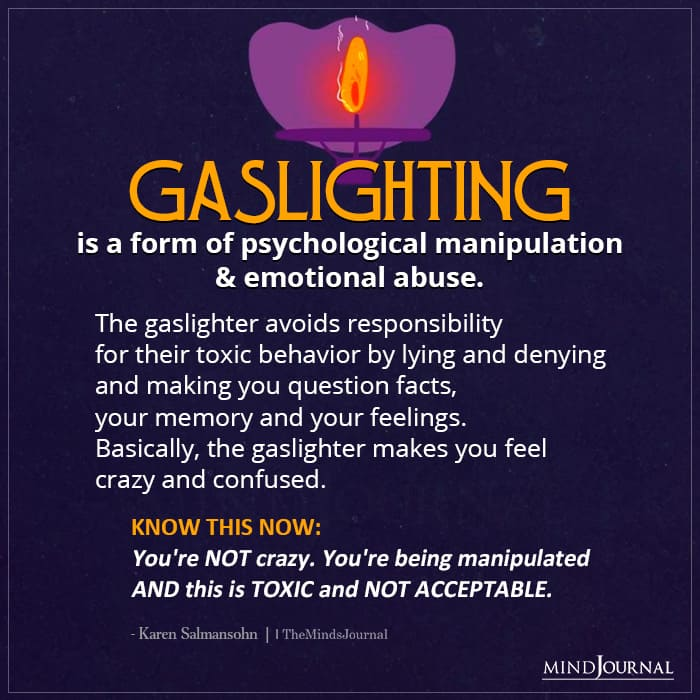
4. Toxic
Since Britney Spears sang about toxic love in the late ‘90s, almost anything that has caused discomfort or conflict between two people has been called “toxic.” A snappish conversation with a friend might result in the friend’s being written up as “toxic” on Reddit. Workers commonly refer to their workplaces as “toxic.”
In reality, though, toxic relationships are much more rare. Deliberately causing emotional harm to another person is a form of toxicity; a relationship in which two people consistently harm each other, but cannot seem to separate, might be toxic too.
Keeping another person stuck in self-destructive habits—like drug use—because it benefits you somehow is toxic.
Emotionally abusive relationships in which one partner feels they cannot leave the other, and the second partner, possibly out of a fear of being alone, fosters and foments this belief while constantly devaluing the first, are toxic to all involved.
But finding that your relationship isn’t working out, or having to deal with a person you find difficult, doesn’t qualify.
Related: 6 Kinds of Emotional Abuse by Narcissistic Parents
Take care, then, when you’re posting on social media, telling a story on TikTok, or venting online about the difficult people in your life.
By learning a bit more about the terms that come so easily to mind these days and being more precise with your vocabulary, you may be able to help your friends and followers become more psychologically aware.
Written By Loren Soeiro
Originally Appeared On Psychology Today
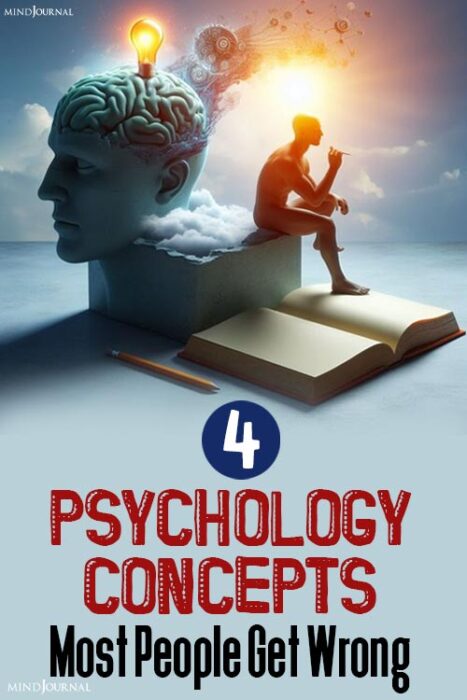
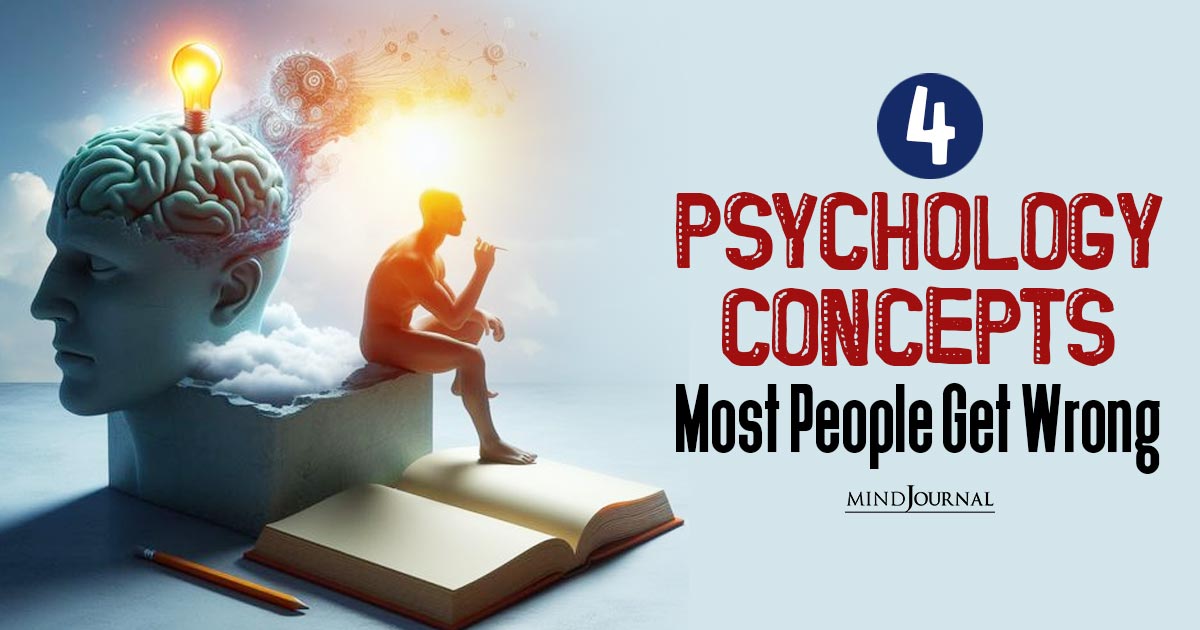




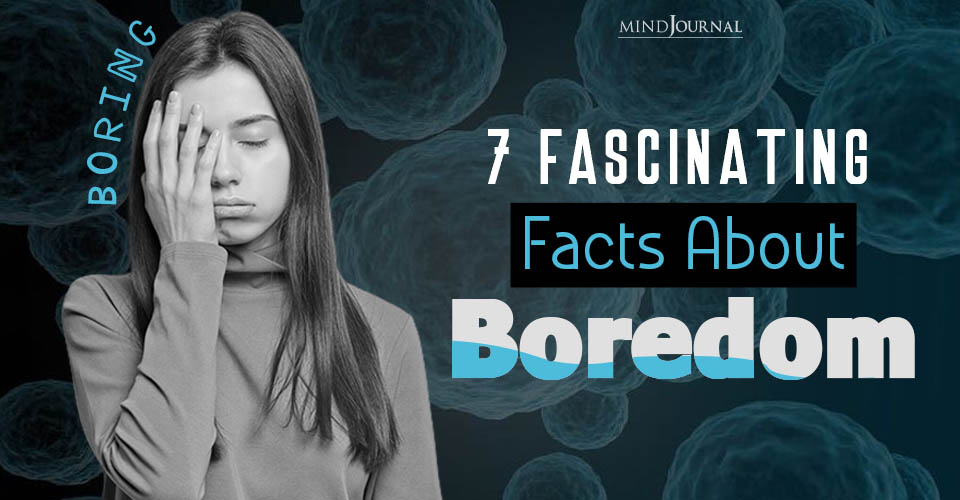


Leave a Reply
You must be logged in to post a comment.